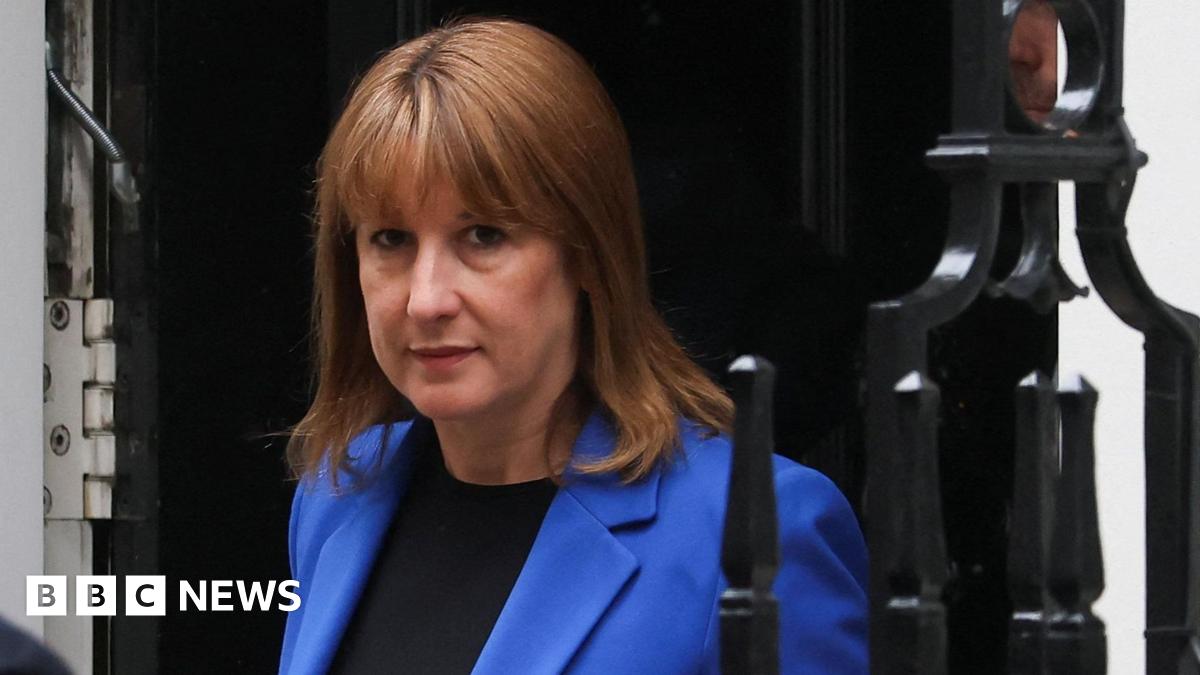UK borrowing costs hit 27-year high adding to pressure on Reeves

Governments borrow money from investors by selling bonds - which is a loan the government promises to pay back at the end of an agreed time.
The yield on 30-year UK government bonds - known as gilts - has been rising for some months, and this makes it more expensive for the government to borrow money due to higher interest payments.
The government's official forecaster, the Office for Budget Responsibility (OBR), takes borrowing costs into account when looking at whether the chancellor is meeting her self-imposed fiscal rules.
When she became chancellor, Reeves set out two rules on government borrowing, which she has repeatedly said are "non-negotiable". These were:
day-to-day government costs will be paid for by tax income, rather than borrowing by 2029-30
to get debt falling as a share of national income by the end of this parliament in 2029-30
Part of the reason Reeves is under pressure is that her financial buffer to stick to these rules is a relatively slim £10bn. The chancellor recently refused to rule out tax rises after disappointing data on economic growth.
On Tuesday, a spokesperson for Starmer said the government's "iron-clad commitment to our robust fiscal rules remains", adding it had made the necessary decisions to "stabilise the public finances".
But shadow chancellor Mel Stride said the latest market movements were "another economic disaster from Rachel Reeves - and a clear vote of no confidence in Labour from the markets".
"With more tax rises on the horizon, the economy is now in a precarious position," he added.
There has been a wide range of forecasts for how much money Reeves might need to raise in the Budget to meet her rules.
One factor that will influence this is the borrowing costs facing the government.
When the OBR makes makes its forecasts for government debt it looks at yields on all bonds.
Paul Dales, chief UK economist at Capital Economics, said concerns about the path of UK inflation and interest rates, combined with global issues, were pushing UK government borrowing costs up.
In addition, he added that pension funds were also not buying as much long-term government debt due to the change in recent years from defined-benefit to defined-contribution schemes.
Mr Dales said Reeves would have to raise between £18bn and £28bn in the Budget to avoid breaking her fiscal rules, and to maintain her £10bn buffer.
Households and banks "will probably feel the brunt of the higher taxes", he said.